Find Your Why: Essential Viktor Frankl Books to Transform Your Perspective
Viktor E. Frankl: A Life Forged in the Crucible of Suffering
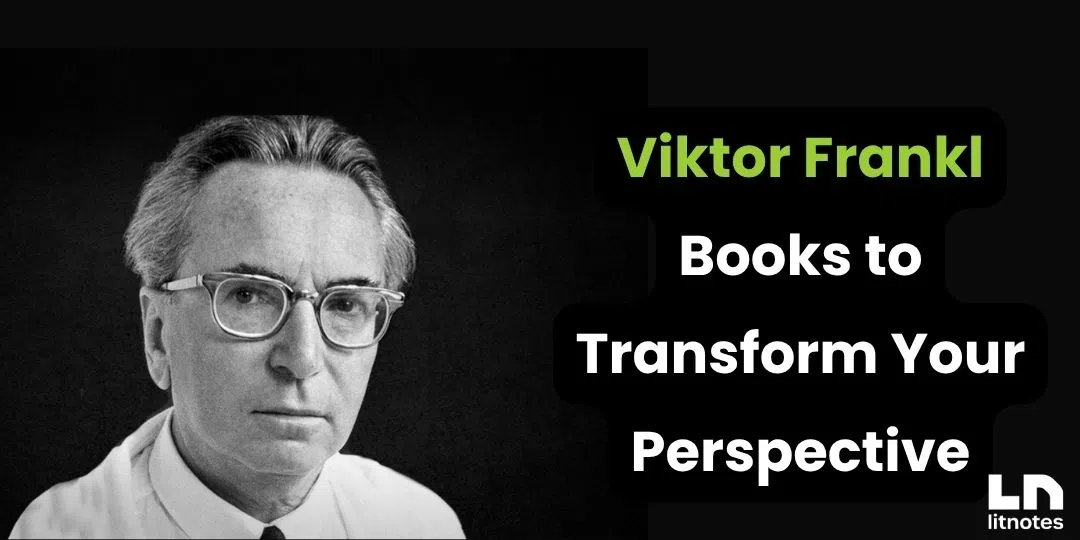
In the annals of psychology and philosophy, few names resonate with the profound impact and enduring relevance of Viktor E. Frankl. His life, a testament to the indomitable human spirit, was a journey through the darkest depths of despair and a triumphant ascent towards meaning and purpose. Born in Vienna in 1905, Frankl's early life was marked by intellectual curiosity and a burgeoning interest in the human psyche. But it was the unimaginable horrors of the Holocaust that would shape his destiny and give birth to his groundbreaking theories. Imprisoned in Nazi concentration camps, Frankl witnessed firsthand the systematic dehumanization and suffering inflicted upon millions. Yet, amidst the brutality and despair, he observed a remarkable phenomenon: the ability of some individuals to find meaning and maintain their will to live, even in the face of unimaginable adversity. This profound insight became the cornerstone of his life's work, leading to the development of logotherapy, a school of psychotherapy that emphasizes the search for meaning as the primary motivational force in human beings. Frankl's experiences in the camps, chronicled in his seminal work, *Man's Search for Meaning*, offer a powerful and inspiring account of resilience, hope, and the enduring power of the human spirit. But this is just one facet of a prolific career that spanned decades and produced a wealth of insightful and thought-provoking works. Delve deeper into the life and writings of Viktor E. Frankl and discover a world of profound wisdom, psychological insight, and a timeless message of hope that continues to resonate with readers across the globe.
What it’s about: Part memoir, part psychological theory, this classic recounts Frankl’s harrowing experiences in Nazi concentration camps and introduces logotherapy, which holds that the primary drive in life is the search for meaning, not pleasure or power.
What it’s about: This book expands on logotherapy, exploring how people can find meaning in life even when faced with emptiness, depression, or uncertainty.
What it’s about: Frankl bridges psychology and theology, showing that unconscious religious beliefs often influence our behavior and that spirituality is vital to mental health.
What it’s about: Based on lectures given shortly after WWII, Frankl urges us to affirm life even amidst hardship. It’s a hopeful, uplifting reflection on human resilience and meaning.
What it’s about: This is a more philosophical follow-up to Man’s Search for Meaning, exploring how spirituality and transcendence contribute to our inner strength and mental health.
Conclusion
Viktor Frankl's life, a powerful testament to the human capacity for finding meaning in the face of unimaginable suffering, continues to inspire and challenge us. His legacy, rooted in the crucible of the Holocaust, offers a profound message of hope and resilience that remains deeply relevant today. To explore the depth of his wisdom and transform your perspective, delve into essential Viktor Frankl books. For swift understanding of his key ideas, try the fast reading and book summary app, LitNotes AI.
Top Reading

Best 10 Self-Help Books to Build Unshakable Confidence
By Draftix

Which Books Teach You to Believe in Yourself?
By Penlet
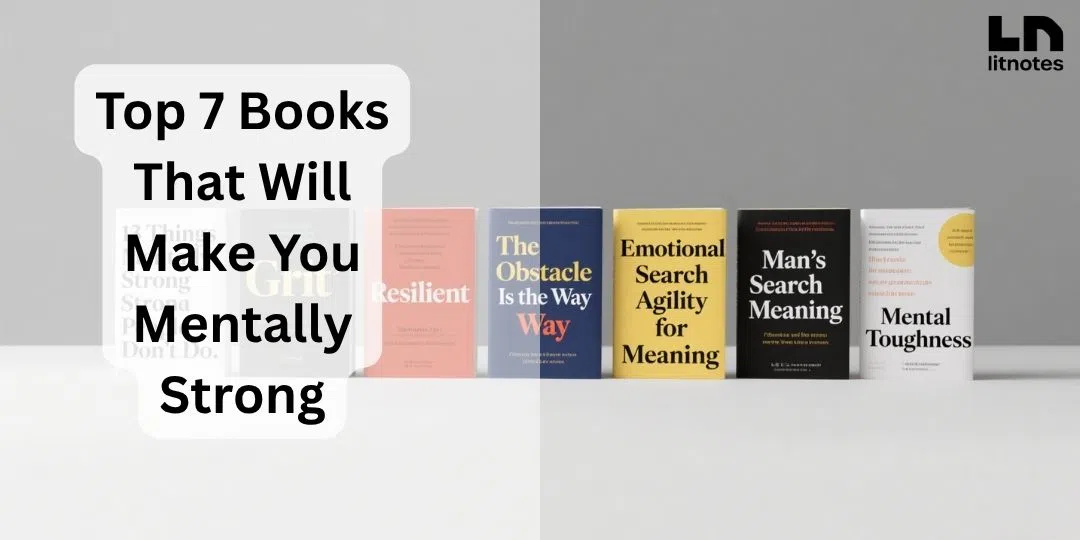
Top 7 Books That Will Make You Mentally Strong
By Scriblo
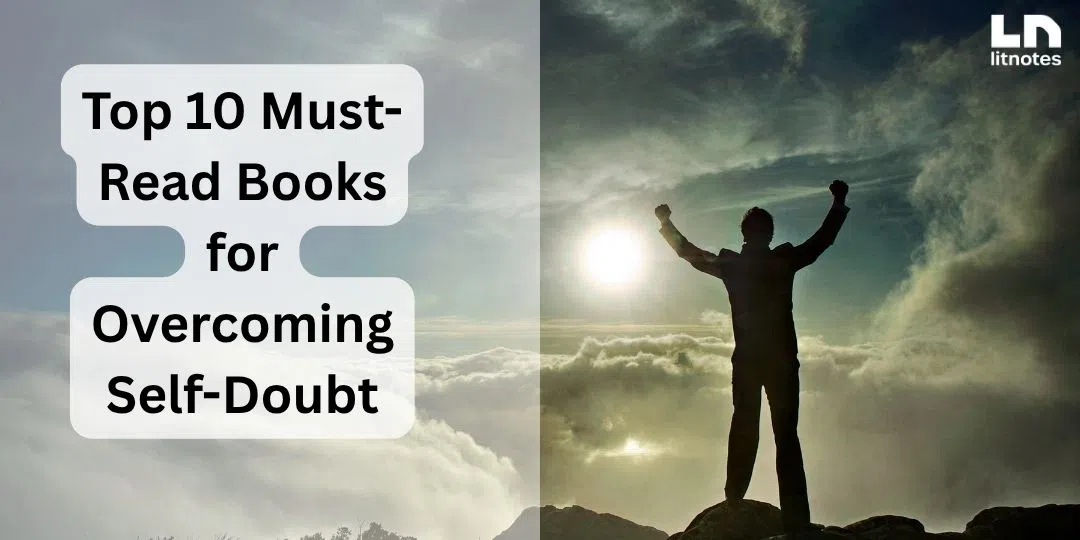
Top 10 Must-Read Books for Overcoming Self-Doubt
By Writely
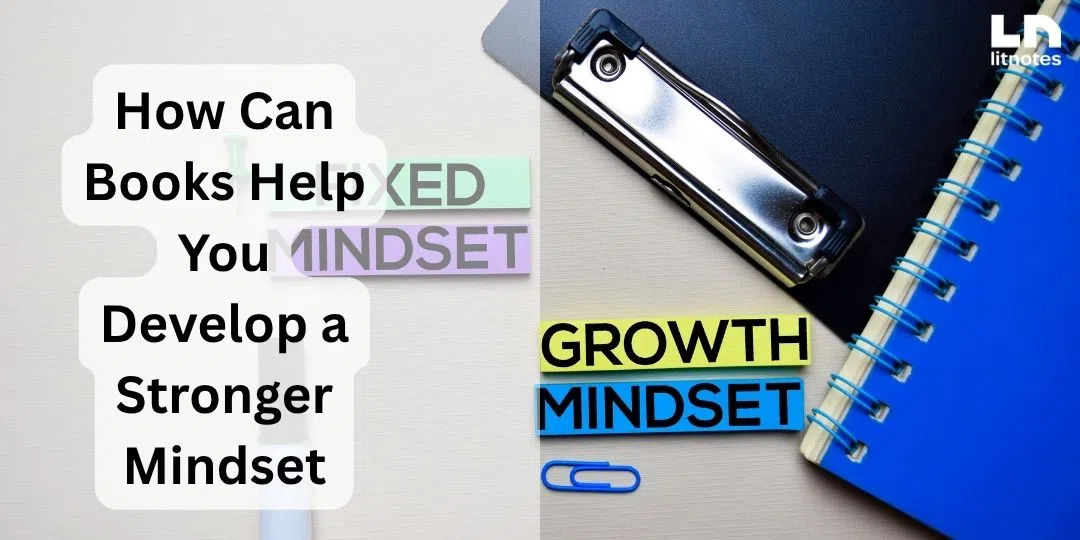
How Can Books Help You Develop a Stronger Mindset?
By Plottix
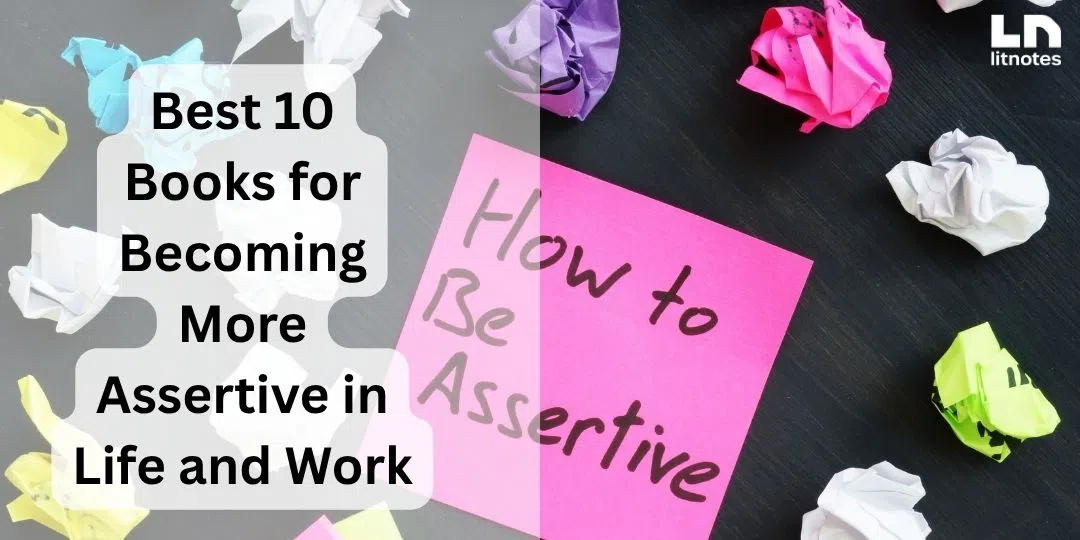
Best 10 Books for Becoming More Assertive in Life and Work
By Quotiva

How to Gain Confidence Through Reading: 10 Recommended Books
By Lexell